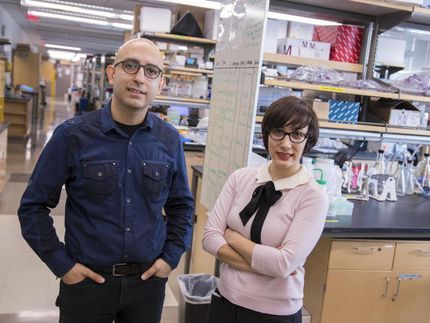Ablynx reports positive Phase I data for its anti-RANKL nanobody
Ablynx announced the first data set from the ongoing Phase I study in 42 healthy post-menopausal women with ALX-0141, a Nanobody® targeting Receptor Activator of Nuclear Factor kappa B Ligand (RANKL). At 120 days follow-up, positive safety data were reported, as well as data on the pharmacokinetics (PK) of ALX-0141. The double-blind, placebo-controlled Phase I study was designed to assess safety, tolerability and PK of a subcutaneous injection of ALX-0141. In addition, serum levels of certain bone biomarkers were measured, to provide an early indication of efficacy. ALX-0141 was administered in 6 dose levels as a single subcutaneous injection ranging from 0.003 mg/kg to 1 mg/kg.
The initial safety and PK analyses indicate the following:
- ALX-0141 was well tolerated and no serious adverse events or dose limiting toxicity occurred;
- No significant difference in the number and severity of adverse events was reported for subjects receiving ALX-0141 compared with placebo. All treatment related adverse events were of mild intensity, resolved within the study period and did not result in withdrawal of a subject from the study.
- After subcutaneous injection, ALX-0141 showed a favourable PK profile, triggering a prolonged pharmacodynamic (PD) response;
- Serum levels of the lead biomarker, CTX-1, decreased rapidly in all 31 ALX-0141 treated subjects and stayed suppressed (below 70% of the baseline level) at the 120-day follow-up in 27 subjects (87%) in 5 of the 6 dose levels.
Due to the unexpectedly long period of suppression of CTX-1 in a large proportion of the subjects, the follow-up interval of the study has been prolonged. Results of the final PD, safety and immunogenicity analyses are anticipated to be published during the first half of 2011.
At present, less than 20% of the subjects have shown normalisation of the lead biomarker level, indicative of the long-lasting biological activity of ALX-0141. The study period has therefore been extended to allow for all subjects to be followed until their biomarker values return to the baseline level.
Most read news
Other news from the department research and development

Get the life science industry in your inbox
By submitting this form you agree that LUMITOS AG will send you the newsletter(s) selected above by email. Your data will not be passed on to third parties. Your data will be stored and processed in accordance with our data protection regulations. LUMITOS may contact you by email for the purpose of advertising or market and opinion surveys. You can revoke your consent at any time without giving reasons to LUMITOS AG, Ernst-Augustin-Str. 2, 12489 Berlin, Germany or by e-mail at revoke@lumitos.com with effect for the future. In addition, each email contains a link to unsubscribe from the corresponding newsletter.






















































